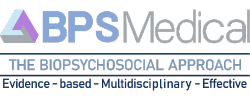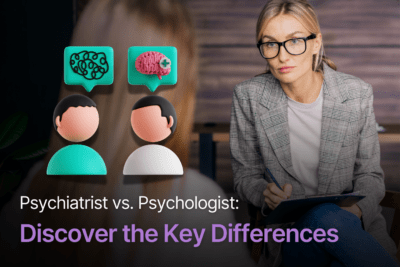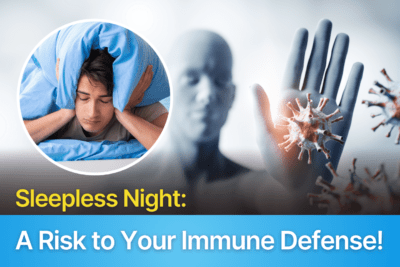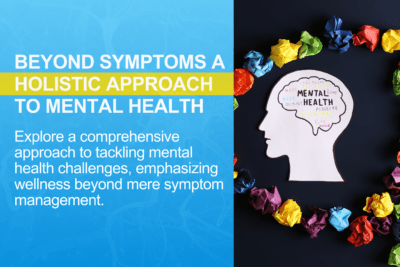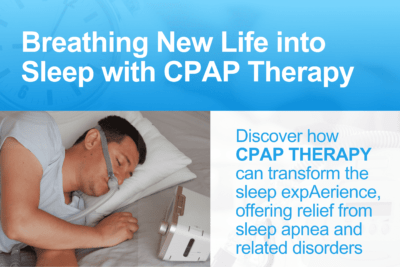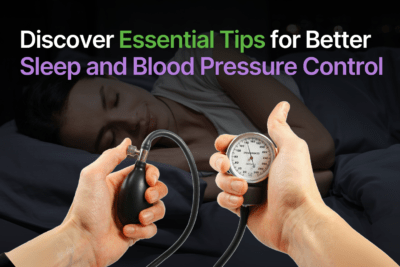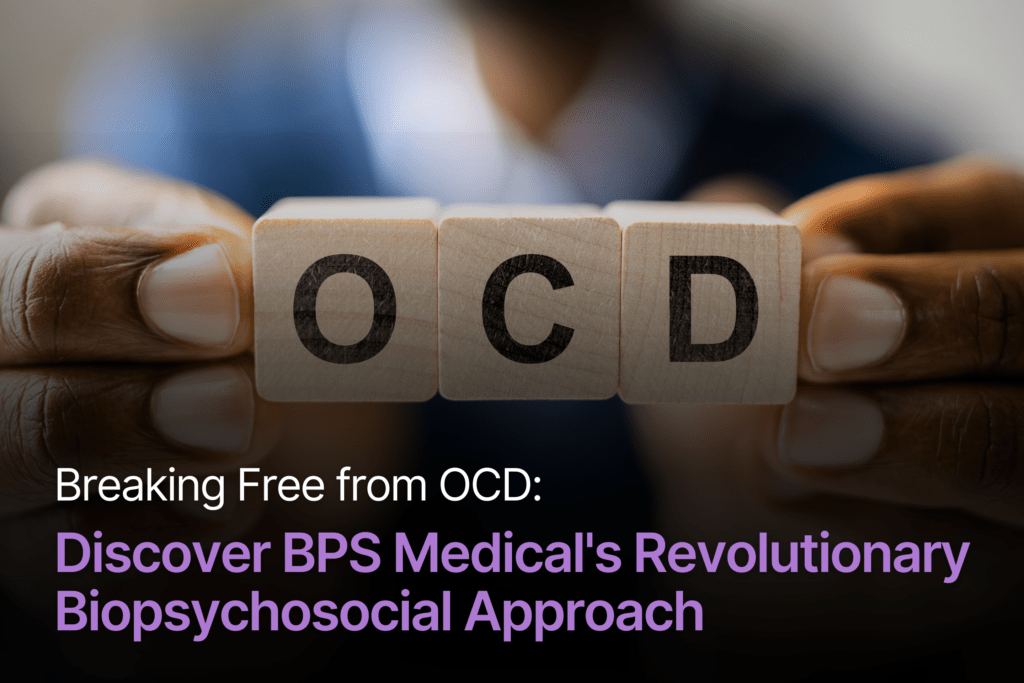
Exploring Effective OCD Treatment in Fort Lauderdale, Florida
Obsessive-Compulsive Disorder (OCD) is a chronic mental health condition that affects millions of people worldwide. It is characterized by persistent, unwanted thoughts (obsessions) and repetitive behaviors (compulsions) performed to alleviate the distress caused by these thoughts. Without effective treatment, OCD can significantly impair an individual’s quality of life.
At BPS Medical (bps-medical.com), the focus on a holistic biopsychosocial (BPS) approach offers innovative, tailored treatment solutions that aim to help patients manage OCD effectively. This comprehensive guide explores the symptoms, causes, and treatment options for OCD, highlighting the unique care provided at BPS Medical.
What is Obsessive-Compulsive Disorder (OCD)?
OCD is classified as an anxiety disorder in which individuals experience uncontrollable, recurring thoughts (obsessions) and engage in repetitive behaviors (compulsions) to reduce the anxiety these thoughts cause. However, performing these compulsions only provides temporary relief, trapping the individual in a vicious cycle.
Key Statistics:
- According to the National Institute of Mental Health (NIMH), approximately 1.2% of U.S. adults experience OCD each year .
- Around 2 to 3 million adults in the U.S. are affected by OCD, and about 25% of cases start before the age of 14 .
- The World Health Organization (WHO) ranks OCD as one of the top 20 causes of disability for individuals aged 15 to 44 .
How to Spot OCD?
Recognizing OCD can sometimes be challenging because the symptoms can vary in intensity and manifestation. However, understanding the key signs can help you identify if you or someone you know might be struggling with OCD. Here are the typical signs:
1. Unwanted and Intrusive Thoughts
One of the hallmark signs of OCD is the presence of obsessions, which are unwanted, intrusive thoughts or images. These thoughts are often disturbing and create significant anxiety. Common types of obsessive thoughts include:
- Fear of contamination (e.g., worrying about germs or dirt)
- Intrusive thoughts about harm coming to oneself or others
- Extreme fear of making a mistake or forgetting something important
- Violent, sexual, or blasphemous thoughts that feel inappropriate
These obsessions are hard to control and often feel intrusive, causing significant distress.
2. Repetitive Behaviors or Mental Rituals
To cope with obsessive thoughts, individuals with OCD often engage in repetitive behaviors or compulsions. These actions are performed to neutralize the anxiety caused by obsessions, even if they don’t logically relate to the fear. Common compulsions include:
- Excessive hand-washing, cleaning, or bathing (especially linked to contamination fears)
- Repeatedly checking things (e.g., locks, stoves, or appliances)
- Arranging items in a specific, symmetrical order
- Counting, tapping, or repeating certain phrases mentally
While these actions may temporarily reduce anxiety, they tend to reinforce the compulsive cycle. In severe cases, compulsions may consume hours of an individual’s day.
3. Time-Consuming Rituals
OCD-related rituals and behaviors often consume significant amounts of time. If someone spends over an hour a day engaged in repetitive behaviors or mental rituals, it could indicate OCD. These compulsions can interfere with daily life, including work, school, or social interactions.
4. Inability to Control Thoughts and Behaviors
Unlike everyday concerns or habits, people with OCD feel they cannot control their obsessive thoughts or compulsive behaviors, even when they recognize they are irrational. The individual often feels powerless to stop the cycle, and attempts to resist the compulsion can cause further anxiety.
5. Significant Distress or Interference with Life
OCD symptoms often lead to distress that impacts daily functioning. The disorder can interfere with relationships, work productivity, and social life. People with OCD may avoid certain situations or places to reduce anxiety, limiting their ability to enjoy a fulfilling life.
Key Statistic:
- According to the International OCD Foundation (IOCDF), untreated OCD can significantly impair an individual’s quality of life. Approximately 25% of people with OCD develop symptoms during childhood, and many continue to suffer into adulthood.
Causes and Risk Factors for OCD
OCD has no single known cause, but research suggests it results from a combination of genetic, neurobiological, and environmental factors.
- Genetics: A family history of OCD increases the risk of developing the disorder.
- Brain Structure and Function: Studies have shown that individuals with OCD often exhibit abnormal activity in the orbitofrontal cortex and caudate nucleus.
- Environmental Stressors: Life events, trauma, or chronic stress may trigger or exacerbate OCD symptoms.
- Personality Traits: Individuals with perfectionist, meticulous, or risk-averse tendencies may be more prone to OCD.
OCD Treatment in Fort Lauderdale at BPS Medical
Treatment for OCD typically includes a combination of therapy, medication, and other supportive strategies. BPS Medical employs an integrative biopsychosocial approach, focusing on the connection between mind and body, to ensure comprehensive and personalized care.
1. Cognitive Behavioral Therapy (CBT)
Cognitive Behavioral Therapy, particularly Exposure and Response Prevention (ERP), is considered the gold standard in OCD treatment. ERP gradually exposes patients to situations that trigger obsessions while teaching them to resist performing compulsive behaviors. This technique helps reduce the hold of compulsive behavior over time.
According to the International OCD Foundation (IOCDF), 60-80% of individuals who participate in ERP experience a significant reduction in their OCD symptoms. At BPS Medical, therapists develop ERP strategies based on each patient’s unique triggers, ensuring effective, personalized care.
2. Medication Management
For many individuals, medication plays an essential role in managing OCD. Selective Serotonin Reuptake Inhibitors (SSRIs), such as fluoxetine and sertraline, help regulate serotonin levels in the brain and reduce OCD symptoms by 40-60% in many patients.
BPS Medical’s psychiatrists provide expert medication management as part of an integrated treatment plan, continuously monitoring and adjusting medications based on patient progress.
3. Neurofeedback Therapy
BPS Medical also offers neurofeedback therapy, a non-invasive, innovative treatment that helps patients retrain their brainwave patterns associated with OCD. Neurofeedback allows individuals to view and regulate their brain activity in real-time. Studies have shown neurofeedback as a promising adjunct to traditional OCD treatments, especially for patients who do not respond well to standard therapies.
4. Mind-Body Wellness Approaches
BPS Medical’s mind-body wellness therapies, including mindfulness-based cognitive therapy (MBCT) and relaxation techniques, play a crucial role in reducing OCD-related stress. These therapies help patients manage their anxiety and improve overall well-being.
What is the Best Treatment for OCD?
The most effective treatment for OCD involves a combination of CBT (ERP), medications like SSRIs, and supportive therapies such as neurofeedback and mindfulness. Research indicates that CBT with ERP can reduce OCD symptoms by 50-60% , while combining it with medication increases treatment effectiveness.
BPS Medical’s biopsychosocial model, which integrates the efforts of psychologists, psychiatrists, neurologists, and neurofeedback specialists, ensures each patient receives a customized treatment plan tailored to their specific needs.
Can You Overcome OCD?
OCD is a chronic disorder, but with early intervention and comprehensive treatment, many individuals can learn to manage their symptoms effectively and regain control over their lives. Ongoing support from professionals, like those at BPS Medical, can significantly improve quality of life. While OCD cannot always be “cured,” many people experience long periods of symptom remission through proper treatment.
Is OCD a Coping Mechanism for Anxiety?
While OCD is related to anxiety, it is not simply a coping mechanism. Compulsive behaviors may temporarily reduce the anxiety caused by obsessive thoughts, but they perpetuate the cycle without addressing the root of the anxiety. Effective treatment, like CBT and neurofeedback, helps individuals confront and manage their anxiety without relying on compulsions .
Can You Live a Normal Life with OCD?
Yes, many individuals with OCD can live normal, fulfilling lives with the right treatment and support. The combination of therapies offered at BPS Medical helps patients reduce the frequency and intensity of OCD symptoms, allowing them to engage more fully in their personal and professional lives.
OCD Treatment for Adults vs. Children
OCD affects both adults and children, though treatment approaches may differ based on age. For children, family involvement is often an important part of therapy, helping to reinforce positive treatment outcomes. According to the NIMH, 1 in 200 children and adolescents have OCD, and without treatment, up to 40% of these cases may persist into adulthood .
At BPS Medical, specialized care is provided for both children and adults, with tailored interventions that cater to the unique developmental needs of each group.
Why BPS Medical is the Best Choice for OCD Treatment
BPS Medical is a leader in treating OCD through its integrative biopsychosocial approach, combining the best evidence-based treatments, such as CBT, ERP, medication management, neurofeedback therapy, and mind-body wellness strategies. The practice’s commitment to personalized, whole-person care ensures that patients receive comprehensive treatment plans aimed at both managing symptoms and improving overall well-being.
If you or a loved one is struggling with OCD, BPS Medical offers hope. Their team of experts in psychiatry, psychology, neurofeedback, and wellness works collaboratively to create effective, customized treatment plans that empower individuals to overcome OCD and lead fulfilling lives. For more information, visit bps-medical.com.
- BPS Method: We treat the whole person, not just the symptoms. By addressing biological, psychological, and social factors, we provide a more balanced and effective treatment plan.
- Cutting-Edge Therapies: Our use of neurofeedback and other advanced therapies ensures that our patients have access to the latest and most effective treatments.
- Collaborative Approach: We work closely with families, schools, and other healthcare providers to ensure a cohesive and supportive treatment environment.
- Personalized Treatment Plans: Every patient is unique, and so are our treatment plans. We tailor each plan to meet the specific needs of the individual, ensuring better adherence and outcomes.
Resources:
- National Institute of Mental Health (NIMH): Obsessive-Compulsive Disorder (OCD) Overview
- International OCD Foundation (IOCDF): ERP Therapy for OCD
ADHD Treatment That Works: Success Stories from BPS Medical
